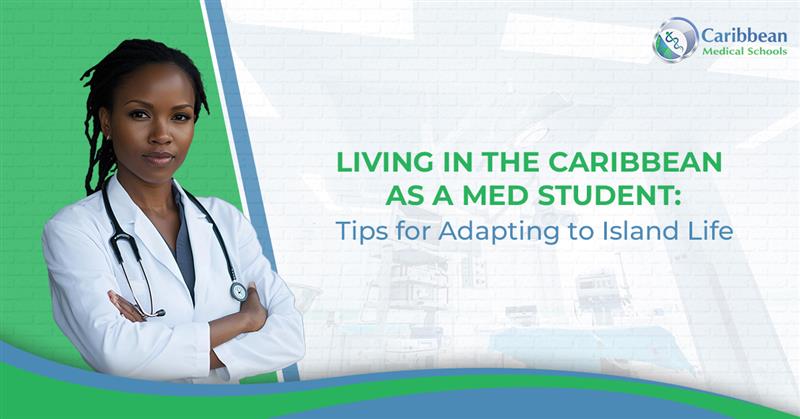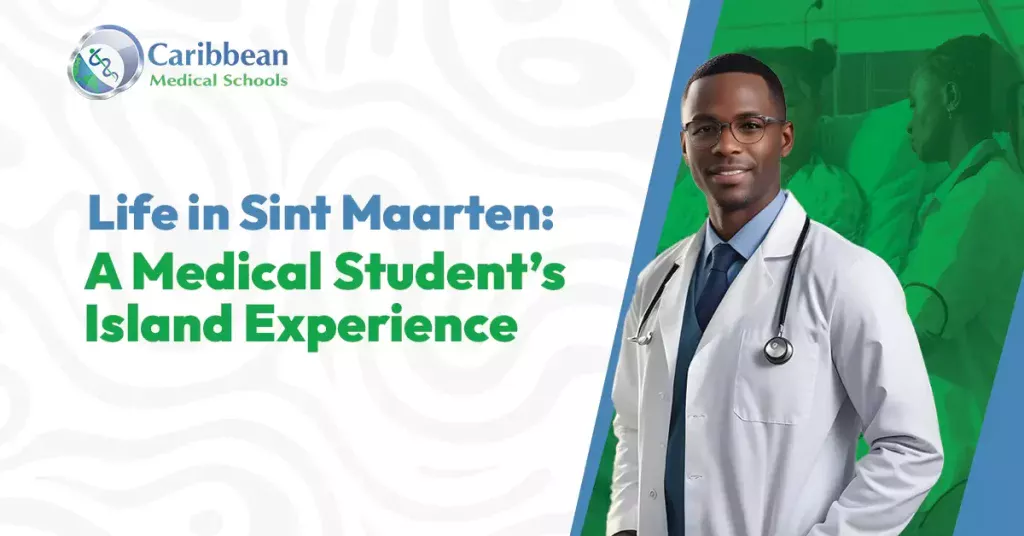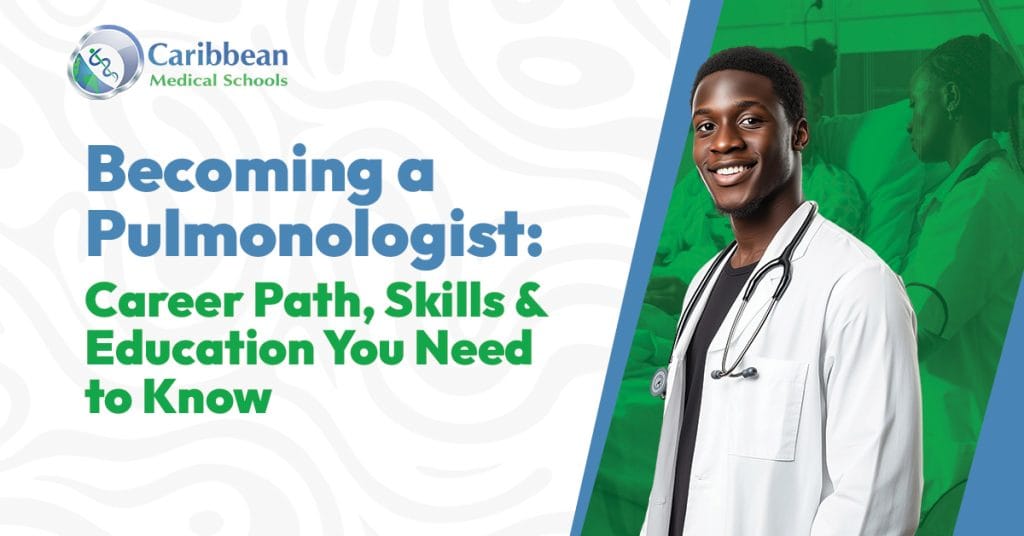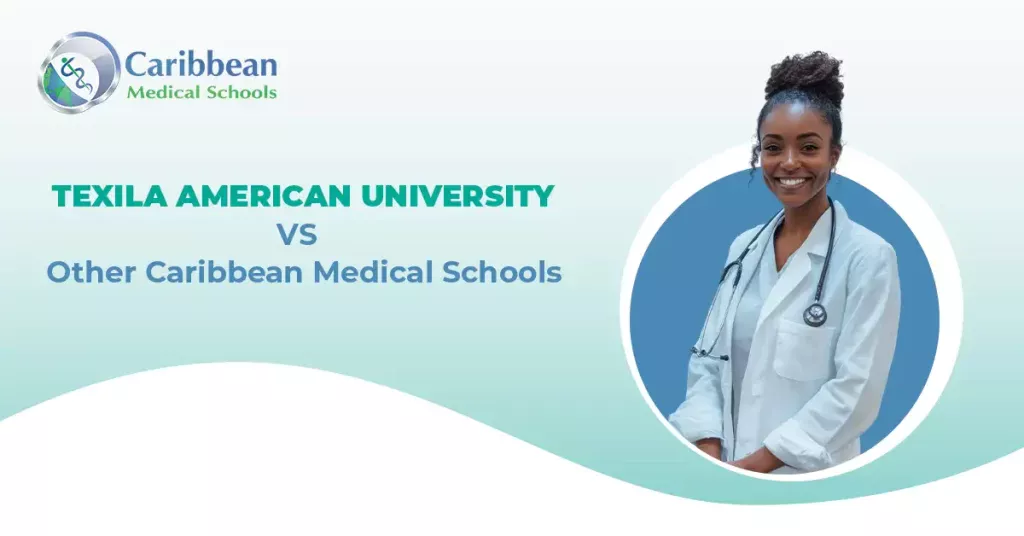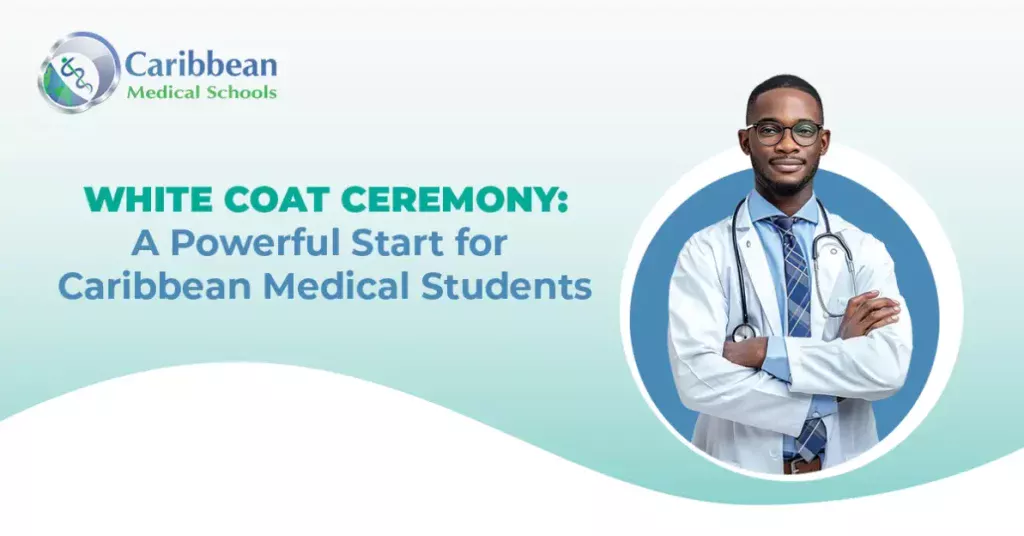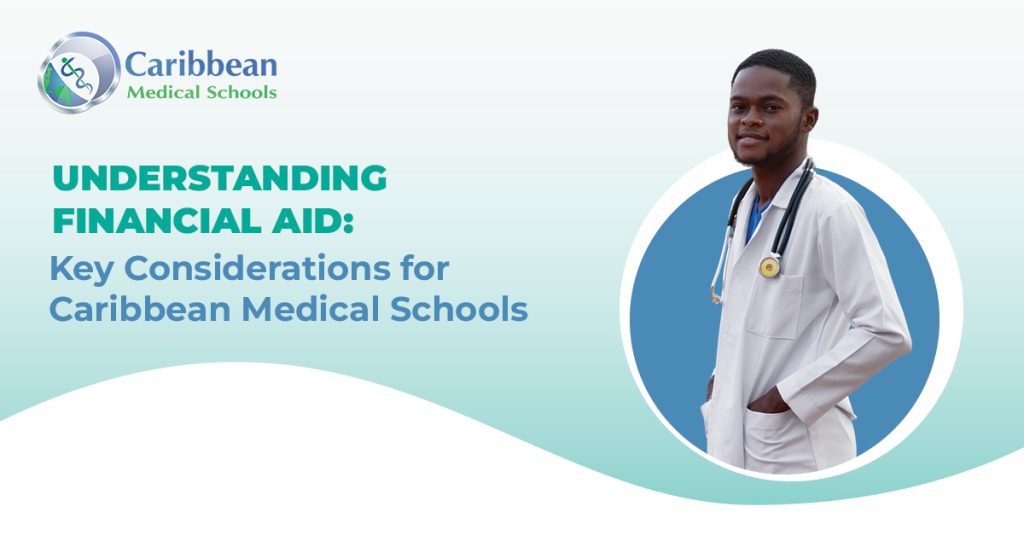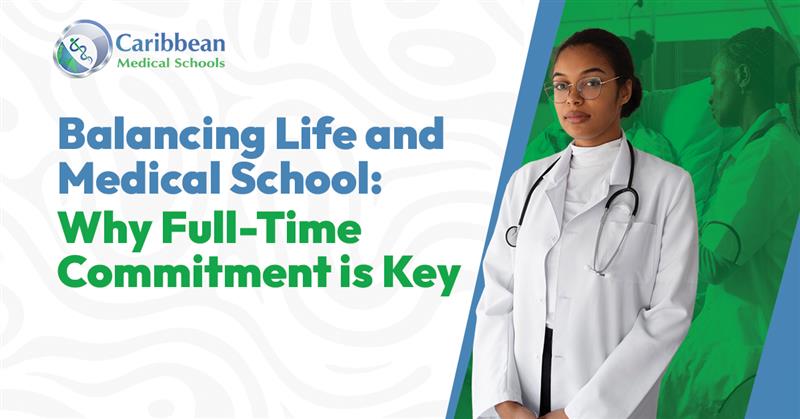Blog Summary
Being a med student in the Caribbean is an exciting journey that combines the challenges of rigorous academics with the charm of island culture. While adapting to this lifestyle may seem overwhelming at first, embracing the vibrant local traditions and stunning environment can make it incredibly rewarding. With adequate preparation and an optimistic attitude, you can successfully balance the Needs of medical school while enjoying the unique experiences island life offers. For med students, this adventure can become a transformative chapter, both academically and personally, leaving lasting memories and valuable life skills.
Table of Contents
Understanding Island Culture
One of the first steps in adjusting is embracing the local culture. Islands are rich in diverse traditions, languages, and friendly communities. Picking up a few phrases in the local dialect, showing respect for customs, and learning about island history will help you connect better with the locals and enrich your experience.
Adjusting to Island Climate and Weather
Islands are known for their warm, tropical climate, which can feel intense if you’re used to cooler temperatures. Embracing lightweight clothing, staying hydrated, and using sunscreen are essential for maintaining comfort. Additionally, familiarize yourself with hurricane season and emergency protocols to stay safe during extreme weather events.
Academic Life in Caribbean Medical Schools
Medical schools maintain high academic standards, but they can be intensive and fast-paced. Expect rigorous coursework and consistent exams. Developing a solid study schedule early on, utilizing available tutoring services, and forming study groups can enhance your academic success. Caribbean medical schools are known for accelerated programs and relatively affordable tuition fees, but students must also be prepared for a culturally different lifestyle. Caribbean Medical Schools can offer accelerated timelines, with some schools even providing opportunities for clinical experience in the U.S.
Housing and Living Arrangements
Housing options vary, from student dorms to shared apartments. Living with roommates is common, as it helps share costs and fosters a sense of community. Exploring different housing areas near your medical school will give you a feel for what best fits your needs and budget.
Managing Finances on the Island
Living expenses can vary, with costs for groceries, utilities, and rent often higher than on the mainland. Budgeting is key to managing finances effectively in Caribbean medical school life. Familiarize yourself with local markets and cost-effective options for dining and essentials to make your budget go further. Many Caribbean medical schools offer more affordable tuition compared to U.S. schools Caribbean Medical School.
Staying Healthy and Accessing Medical Care
Your health is crucial during medical school. Before arriving, check necessary vaccinations and familiarize yourself with local healthcare options. Many campuses offer student health centers, but knowing nearby hospitals and clinics will prepare you for any unexpected medical needs.
Navigating Transportation and Island Travel
Getting around can involve public buses, taxis, or even bikes, as transportation varies from island to island. If you’re comfortable, renting a vehicle might be convenient for exploring. Always prioritize safe and reliable modes of travel and know your surroundings.
Exploring Local Cuisine and Staying Nourished
Cuisine is flavorful, with staples like rice, beans, seafood, and tropical fruits. Many regions offer affordable food options at local markets, where you can find fresh produce. Consider cooking some meals at home to balance costs while enjoying the unique local flavors.
Safety Tips for Med Students
Islands are generally safe, it’s important to be vigilant. Keep emergency contacts handy, Have emergency contacts readily available, stay alert to your surroundings, and steer clear of isolated areas, particularly after dark. Familiarizing yourself with local emergency procedures is also beneficial.
Balancing Study and Recreation
Caribbean med student life isn’t only about studying. The islands offer stunning beaches, hiking trails, and vibrant cultural scenes. Take breaks to explore and enjoy the scenery; this helps maintain a healthy balance between studies and relaxation.
Building a Support System
Connecting with fellow students, local mentors, and faculty can create a valuable support network. Many schools also have student organizations and interest groups, which are excellent for forming friendships and finding guidance throughout your studies.
Preparing for Exams in a Tropical Environment
Studying in warm weather can be challenging, so find cool, quiet study spots on campus. Libraries, cafes, and designated study areas help maintain focus. Staying hydrated and taking breaks can also boost concentration.
Dealing with Homesickness and Staying Connected
Being away from family and friends can be tough. Combat homesickness by setting regular times to catch up with loved ones. Technology, including video calls and social media, makes it easier than ever to stay connected, helping you feel more connected to home.
Volunteering and Gaining Practical Experience
They offers many volunteer opportunities, such as health clinics and outreach programs, which provide practical experience and allow you to give back to the community. Check with your school for internships and rotations that align with your career goals.
Making the Most of Life Outside Academics
Engage in cultural activities like festivals, music events, and outdoor excursions. This not only enhances your experience but also deepens your appreciation of island life, making Caribbean medical school life both enriching and enjoyable.
Conclusion
According to reports, Caribbean medical schools offer accelerated programs, lower tuition fees, and residency match rates reaching up to 98% for successful students Medical University of the Americas. Despite the challenges of adjusting to island life, with proper planning and commitment, the rewards of studying medicine in the Caribbean can be immense, both academically and personally Caribbean Medical School.

